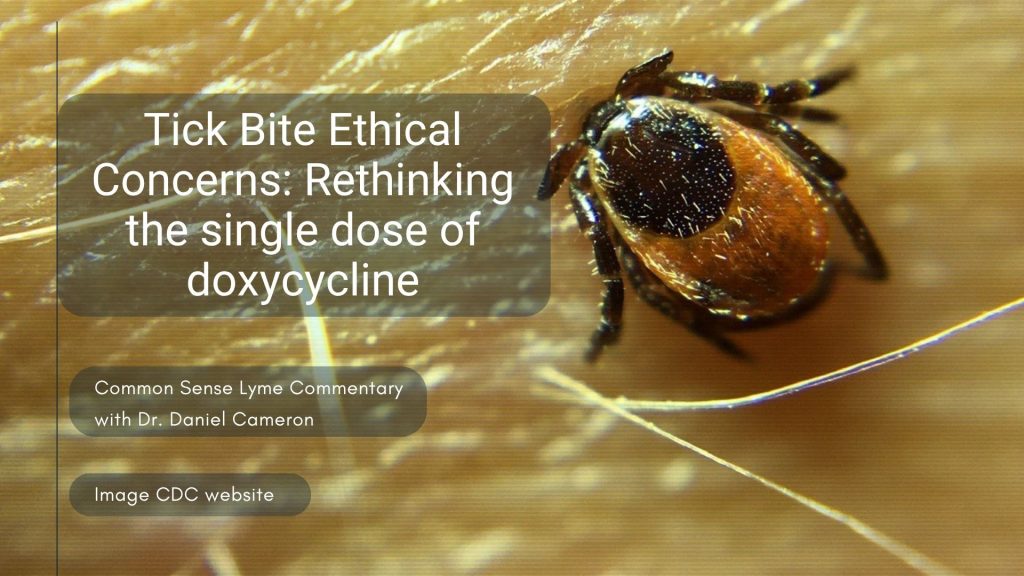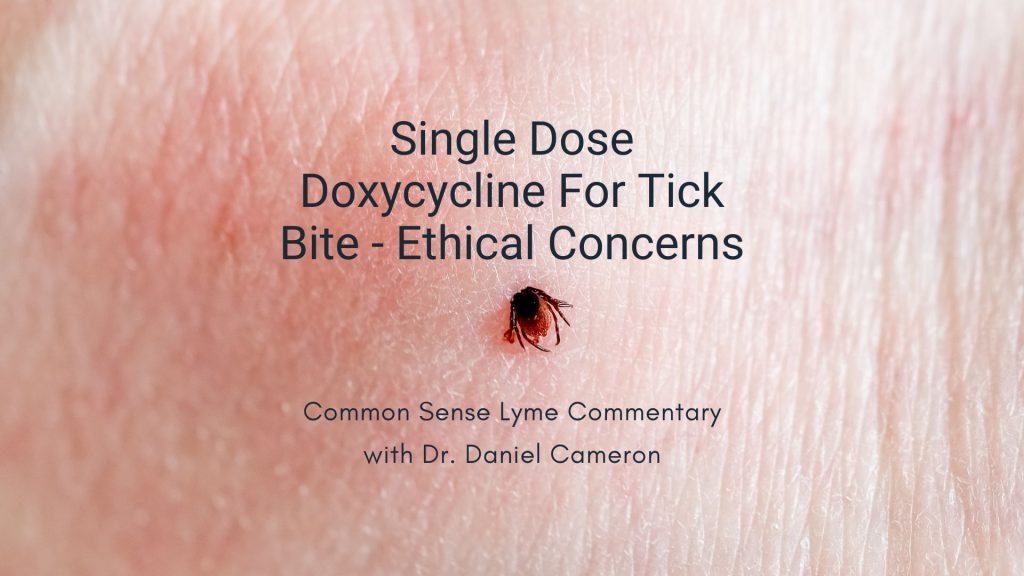Babesiosis Treatment: My Go To Clinical Tips
Babesiosis treatment is often overlooked—especially in patients who also have Lyme disease. Babesiosis is a malaria-like illness caused by microscopic parasites that infect red blood cells. It’s frequently found alongside Lyme, but just as often, it’s missed. Unlike Lyme, which is caused by the bacterium Borrelia burgdorferi, babesiosis is caused by parasites (Babesia microti or […]
Babesiosis Treatment: My Go To Clinical Tips Read More »










